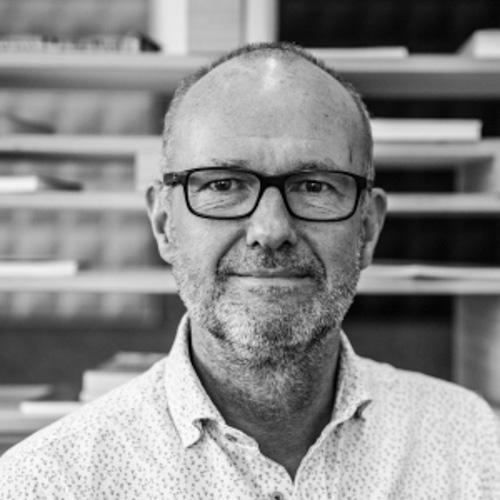2020-2023 | FWO
This study aims to uncover when and how young children first develop the cognitive ability to perceive status inequalities. Despite the fact that both ‘socialization’ and ‘inequality’ are key sociological concepts, there is surprisingly little research on how young social actors actually learn to perceive and judge others as ‘unequal’. Using a specifically designed visual method on a sample of 4- to 12-year-old children, this study will try to determine at which point children start viewing other people as systematically ‘different’ from each other; when they start seeing such differences as indicative of an
‘inequality’ (i.e. a rank in a status hierarchy) and how such differences in turn influence their moral judgments of people in different social categories. Crucially, to better understand how children’s conceptions of status and inequality are themselves shaped by the societies in which they grow up, this study will adopt a deliberately comparative design. To this end, the results of the study among Belgian children will be contrasted with the results from three smaller samples of children in the United Kingdom (London), Norway (Oslo) and Serbia (Nis).

